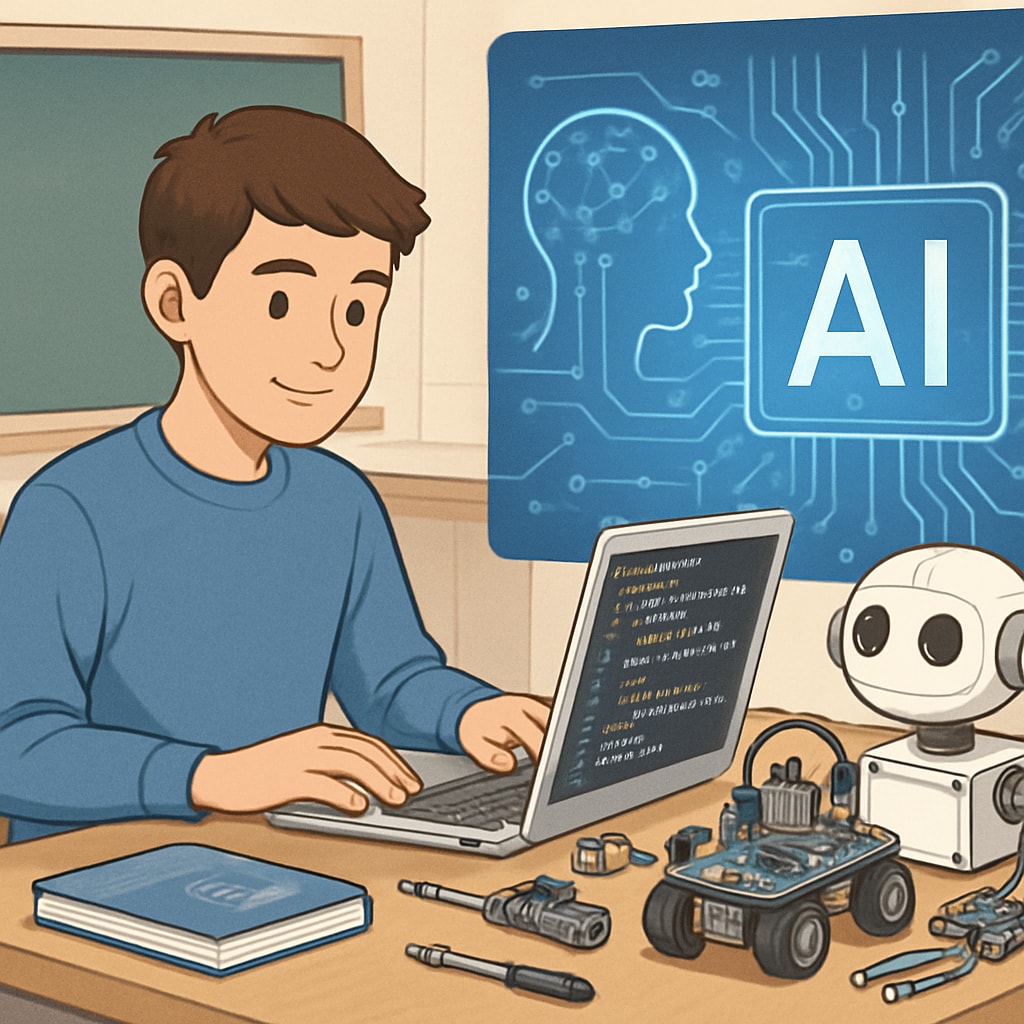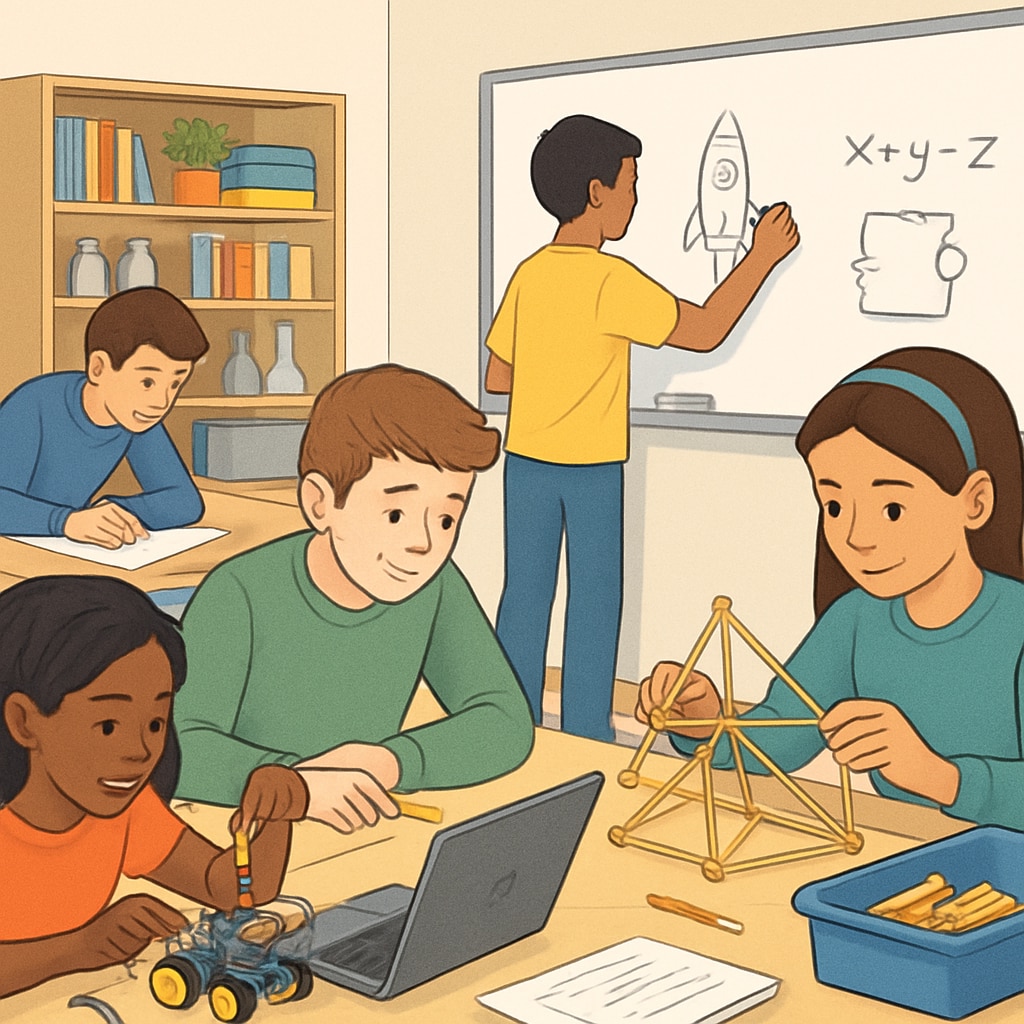As artificial intelligence (AI) continues to revolutionize industries, the traditional models of competitive exams and selection mechanisms within K12 education are becoming increasingly outdated. These systems, which prioritize rote memorization and standardized testing, fail to address the multifaceted demands of an AI-driven world. This article delves into the limitations of these educational frameworks and highlights the urgent need to reform competitive exams to foster diverse talents and cater to the evolving landscape.
Challenges Faced by Traditional Competitive Exams
Competitive exams, historically designed to evaluate students based on standardized metrics, often fail to provide a comprehensive picture of a candidate’s abilities. In the AI era, where creativity, critical thinking, and adaptability are crucial, these exams pose several challenges:
- Lack of emphasis on critical skills: Traditional tests prioritize memorization and formulaic problem-solving, sidelining critical thinking and decision-making skills.
- Inadequate talent evaluation: Students with unique strengths, such as creativity or leadership, often go unrecognized due to the narrow focus of exams.
- Unpreparedness for AI-driven jobs: Many exams fail to incorporate tech literacy and interdisciplinary problem-solving, which are essential in an AI-powered world.
As a result, these limitations hinder the development of well-rounded individuals who can thrive in AI-driven fields.

Reimagining Selection Mechanisms in the AI Era
To adapt to the transformative impact of AI, competitive exams must evolve. Here are key aspects to consider for reform:
- Incorporating multidimensional assessments: Exams should evaluate not only academic proficiency but also creative thinking, collaboration, and emotional intelligence.
- Leveraging AI tools for personalized testing: AI-driven platforms can create adaptive tests that cater to individual learning styles and aptitudes.
- Promoting interdisciplinary approaches: Examinations should integrate diverse fields like coding, data analysis, and ethical problem-solving to better prepare students.
By focusing on these elements, education systems can better align with the demands of a rapidly changing world.

The Role of Education Decision-Makers
Reforming competitive exams requires proactive efforts from policymakers, educators, and institutions. Key steps include:
- Collaborating with AI experts: Education leaders should work with AI specialists to design innovative assessment models.
- Investing in teacher training: Teachers need resources and training to integrate AI tools and interdisciplinary approaches into their curriculum.
- Creating equitable access: Ensuring that all students, regardless of socioeconomic background, can benefit from updated examination systems is critical.
These measures will pave the way for a more inclusive and forward-thinking education system.
In conclusion, the rise of artificial intelligence presents unprecedented challenges and opportunities for K12 education. Reforming competitive exams to embrace diverse talents and prepare students for future careers is not just a necessity but an imperative. Education systems must evolve to nurture the next generation of innovators, leaders, and problem-solvers.
Readability guidance: This article uses short paragraphs, lists, and clear transitions to enhance readability. Key concepts are presented concisely to maintain engagement, with strategic placement of images for visual support.


